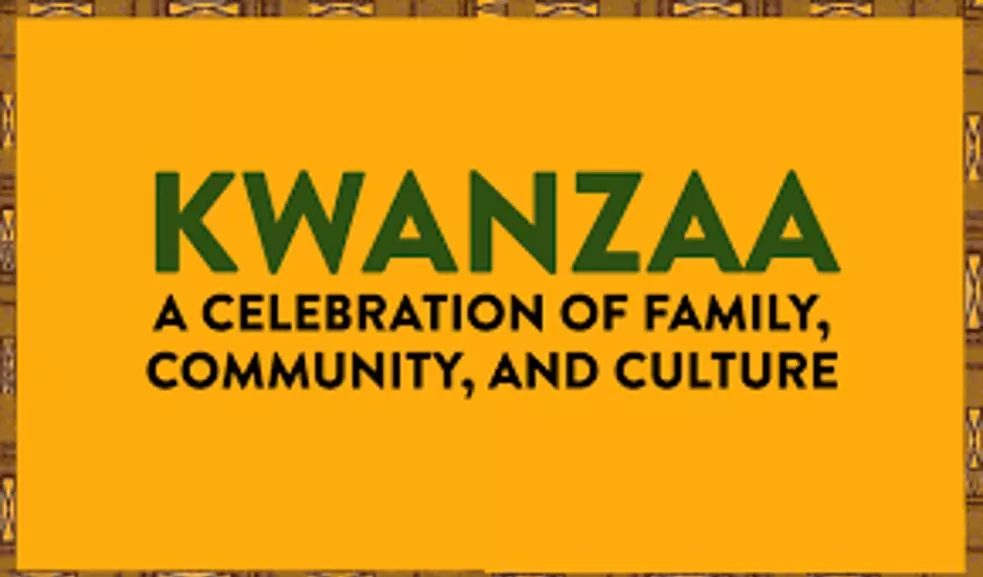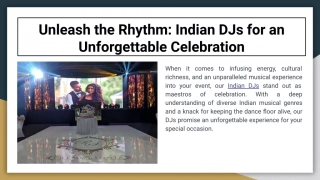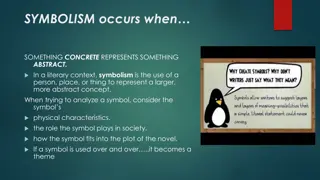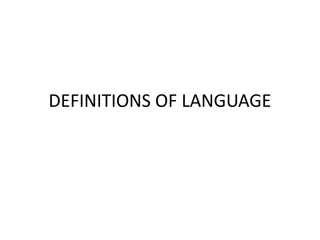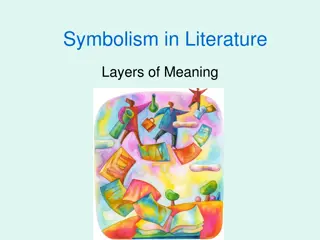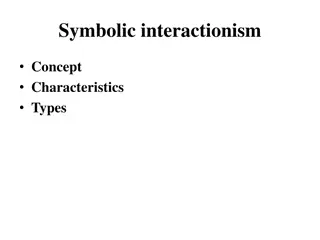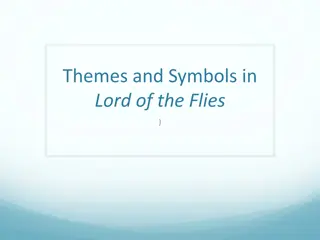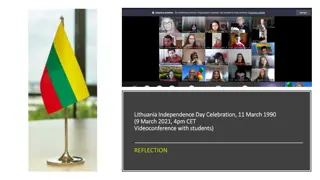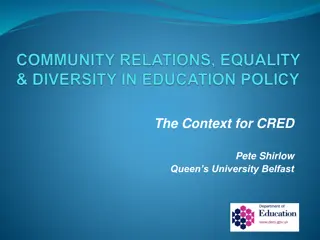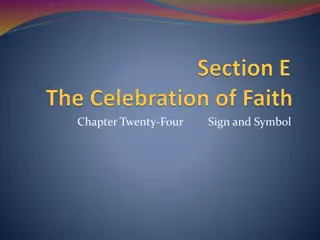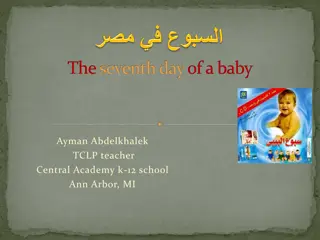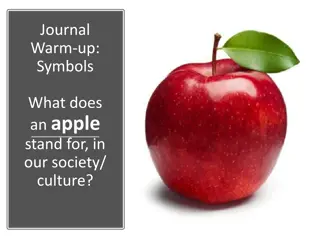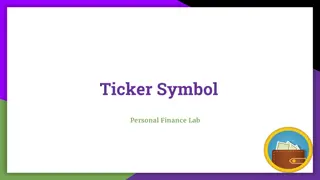Kwanzaa: History, Symbols, and Celebration
Kwanzaa is a seven-day festival celebrating African American culture with roots in the United States since 1966. Dr. Maulana Karenga introduced it as a response to the commercialism of Christmas. The celebration includes lighting candles representing principles such as unity, self-determination, and cooperative economics. Symbols like crops, mats, and candles hold significance, emphasizing values of ingathering, commemoration, and celebration. Kwanzaa is an opportunity for the community to come together, reflect on heritage, and honor the Seven Principles (Nguzo Saba).
Download Presentation

Please find below an Image/Link to download the presentation.
The content on the website is provided AS IS for your information and personal use only. It may not be sold, licensed, or shared on other websites without obtaining consent from the author.If you encounter any issues during the download, it is possible that the publisher has removed the file from their server.
You are allowed to download the files provided on this website for personal or commercial use, subject to the condition that they are used lawfully. All files are the property of their respective owners.
The content on the website is provided AS IS for your information and personal use only. It may not be sold, licensed, or shared on other websites without obtaining consent from the author.
E N D
Presentation Transcript
Kwanzaa Kwanzaa Student Health & Human Services Office of Human Relations, Diversity & Equity Fall 2020
Be able to see 10 minutes into your own future Would You Rather... Be able to see 10 minutes into everyone else's futures.
Objectives Learn the history of Kwanzaa & why it was created Identify why people celebrate it
The History of Kwanzaa Dr. Maulana Karenga introduced the festival in 1966 to the United States as a ritual to welcome the first harvests to the home. Dr. Karenga created this festival for Afro-Americans as a response to the commercialism of Christmas.
What is Kwanzaa? Kwanzaa is seven-day celebration from 26 December to 1 January that celebrates African American culture, history and seven principles. Each candle signifies a principle. (umoja) self-determination; (kujichagulia) collective work; responsibility (ujima); cooperative economics (ujamaa); purpose (nia); creativity (kuumba); and faith (imani).
The Five Common Values ingathering reverence commemoration recommitment celebration
unity (umoja) self-determination (kujichagulia) collective work and responsibility (ujima) The Seven Principles (Nguzo Saba) cooperative economics (ujamaa) purpose (nia) creativity (kuumba) faith (imani)
The Symbols crops (mzao) represent the historical roots of African- Americans in agriculture and the reward for collective labor. mat (mkeka) lays the foundation for self- actualization. The candle holder (kinara) reminds believers in the ancestral origins in one of 55 African countries. Corn/maize (muhindi) signifies children and the hope associated in the younger generation. Gifts (Zawadi) represent commitments of the parents for the children. The unity cup (Kkimbe cha Umoja) is used to pour libations to the ancestors. Finally, the seven candles (mishumaa saba) remind participants of the seven principles and the colors in flags of African liberation movements -- 3 red, 1 black, and 3 green.
What is Kwanzaa & How Is It Celebrated?
Why do you think this holiday is important to African American people? Does your culture celebrate something similar?
Take 10 minutes & create your own holiday. Answer the following questions. What would be the symbols? Activity Why should it be celebrated? When would it be celebrated?
Please click on the link to complete the survey Your Feedback Is Important To Us Teacher Survey Teacher Survey
Location Name E-mail Address Beaudry Judy Chiasson, PhD (She/Her) Judy.chiasson@lausd.net For Additional Resources & Support Beaudry Janise Escobar, LCSW (She/Her) Janise.escobar@lausd.net Beaudry Jules Gomez, LCSW (She/Her) Julie.gomez@lausd.net LD Northeast Cristina Hudson, LCSW (She/Her) Cristina.hudson@lausd.net Student Health & Human Services LD Northwest Frances Marion, LCSW (She/Her) Frances.marion@lausd.net LD West Samantha Torres, LCSW (She/Her) Samantha.torres@lausd.net Office of Human Relations, Diversity & Equity LD East Tina Southern, LCSW (They/She) Kristina.southern@lausd.net LD South Susanna Zoeckler, LCSW (She/Her) Susanna.l.zoeckler@lausd.net LD Center Talia Guppy, LCSW (She/Her) Talia.guppy@lausd.net










